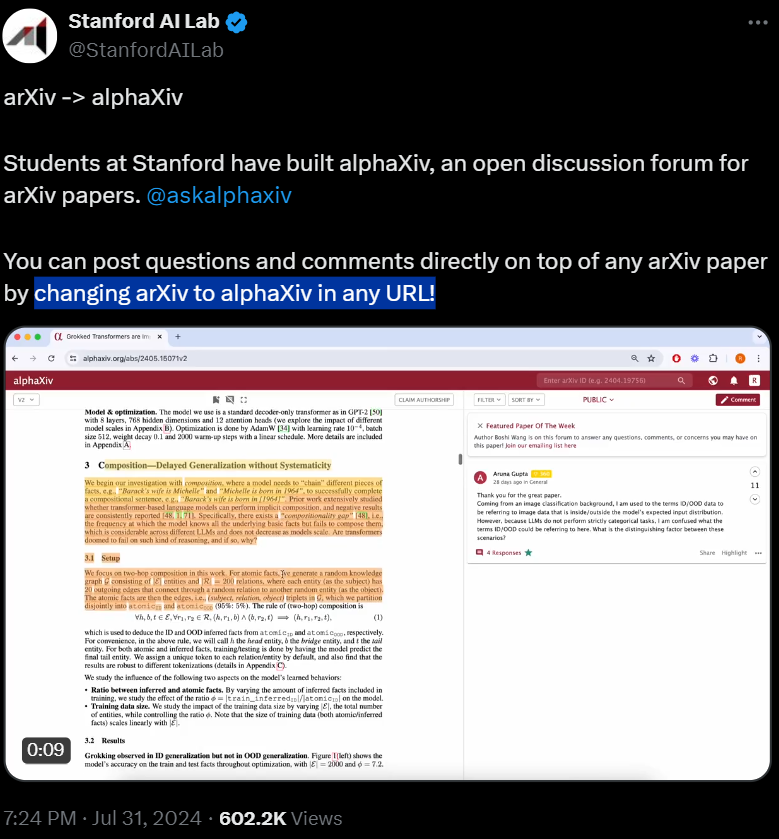- 72 Posts
- 184 Comments

 172·3 days ago
172·3 days agodefine “illegal” according to which country?
even copyright?

 2·5 days ago
2·5 days agocan you explain it to me pls? what part of it has potential?

 13·22 days ago
13·22 days agoi kind of miss it, because there was an tribute game called aot tribute game it was very fun, i used to play it alot back in 2015, and i remember it only ran on firefox after chrome booted out NPAPI

 41·1 month ago
41·1 month agoHistorical patterns
Historically, Muslim American voters have oscillated between the two major political parties. Socially conservative, most voted Republican in the 1980s and 1990s, leading some party activists to hail them as “natural” allies. In 2000, a majority backed Republican George W. Bush.
Some polls confirm this recent voting trend.
In October 2020, an Institute for Social Policy and Understanding poll found 30% of Muslims approved of Trump’s job performance, up from 13% in 2018.
In November 2020, an Associated Press exit poll found that 64% supported Biden and 35% backed Trump.
Other polls showed a more modest increase in Muslim support for Trump.
Muslim support for Republican candidates continued into 2022. During that year’s midterm elections, 28% of Muslims voted Republican, up from 17% during the 2018 midterms, while 70% voted Democratic, down from 81%.
Today, the Muslim voter base is firmly rooted in the Democratic Party, though a significant slice leans Republican.
A recent Pew Research poll found that 66% of Muslim voters are Democrats or lean Democratic, while 32% are Republicans or lean Republican.
Three previous polls conducted by Pew had all shown lower-level numbers of Republican or Republican-leaning Muslim voters, according to Besheer Mohamed, a senior Pew researcher.
“There are certain issues where Muslims tend to align more with the Republican Party, Mohamed said, noting positive views of religion and skepticisms toward LGBTQ issues. “Then there are other issues where that’s not the case.”

 1·1 month ago
1·1 month agoi meant something like this https://darksouls.wiki.fextralife.com/Chatroom
if you scroll down you can comment without logging in, see everything is fine

 2·1 month ago
2·1 month agono fair!
dark souls wiki used to have it and it was fine!

 4·1 month ago
4·1 month agochat room to the side that anyone can use without logging in, but please add a CAPTCHA to it

 1·2 months ago
1·2 months agono comments? guess we all agree then yipee!

 72·2 months ago
72·2 months agoSome one on the comment section said that
“There’s no innovation here; it uses a Rockchip processor, which is from a Chinese company. Assembling a board with Chinese components isn’t a big deal. I know people who could make an even better board. Innovation would have been if the processor was designed by an Indian company and made entirely in India. But that’s not the case.”

 21·3 months ago
21·3 months agowhat is that?

 242·3 months ago
242·3 months agoyou mean this? https://old.lemmy.world/

 372·3 months ago
372·3 months agoif you have a thread you like, make sure to archive.is or archive.org it

 37·3 months ago
37·3 months agofuturism article… seriously?

 12·3 months ago
12·3 months agowrong generalization bro , it’s actually muslim americans
think you can do better tough guy?

 13·4 months ago
13·4 months agobecause it is filled with far left
















website https://www.alphaxiv.org/